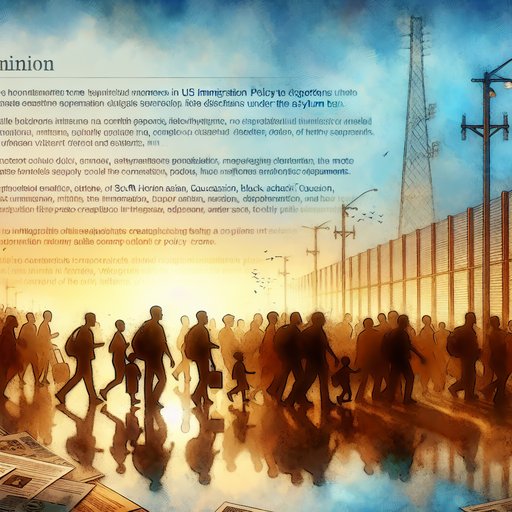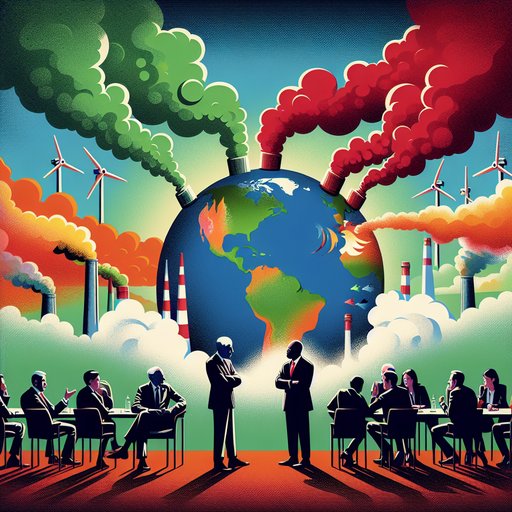
In a decisive stance ahead of crucial peace negotiations, Ukrainian President Volodymyr Zelenskyy has categorically ruled out surrendering any territory to Russia [1]. The declaration comes as international leaders prepare for a significant diplomatic gathering to discuss potential ceasefire arrangements in the ongoing conflict.

A groundbreaking initiative to protect Oregon residents from wildfire risks has been derailed amid intense political controversy, highlighting the growing impact of ideological divisions on public safety policy. The state's attempt to implement a comprehensive wildfire risk mapping system faced fierce opposition from right-wing groups who characterized it as government overreach [1].

Tensions have escalated in Bosnia and Herzegovina as Milorad Dodik, president of the Republika Srpska entity, announced plans for a referendum following the Central Election Commission's decision to strip him of his mandate [1]. This latest development marks a significant escalation in the ongoing political crisis within the country's complex federal structure.

A significant political crisis has emerged in Lebanon as Shiite cabinet members staged a walkout during a crucial government meeting, protesting a United States-backed proposal to disarm militant groups including Hezbollah. The dramatic development marks a critical moment in Lebanon's ongoing struggle to address the influence of armed political factions within its borders [1].

Lithuania has formally requested additional NATO assistance to strengthen its air defense capabilities following a concerning incident where a second drone crossed its border. The Baltic nation's appeal comes as regional tensions escalate due to ongoing Russian military activities near Ukraine, highlighting growing security concerns among NATO's eastern members [1].

A series of recent events has highlighted growing divisions within conservative media circles, while also showcasing the increasingly stark contrast between left and right-wing political discourse in America. Conservative analysts and commentators are openly questioning their own media ecosystem, particularly regarding conspiracy theories and former President Trump's influence on the movement.

A significant majority of German companies are expressing apprehension about the recently negotiated European Union-United States trade deal, highlighting growing tensions between business interests and diplomatic initiatives. According to a recent survey by the German Chambers of Commerce and Industry (DIHK), nearly 60% of German firms anticipate increased burdens from the new trade arrangement [1].

In a significant development for Balkan regional politics, Bosnian Serb leader Milorad Dodik has been officially removed from his position as president of Republika Srpska by Bosnia's top officials [1]. The decision comes following an appeals court verdict that had previously sentenced him to jail, marking a crucial moment in the ongoing tensions between separatist movements and central authorities in Bosnia and Herzegovina.

In a significant development for US immigration policy, border agents have been instructed to cease deportations under a previously enacted asylum ban, marking a substantial change in enforcement practices. The directive comes amid a series of immigration-related developments across the country, including high-profile detention cases and evolving policy implementations [1].

Recent developments in climate policy reveal a complex landscape of progress and resistance. While local climate initiatives are showing promising results in emissions reduction, broader political tensions continue to challenge coordinated global action. A new report highlights the effectiveness of grassroots environmental efforts, even as some governmental bodies actively oppose climate initiatives.
























